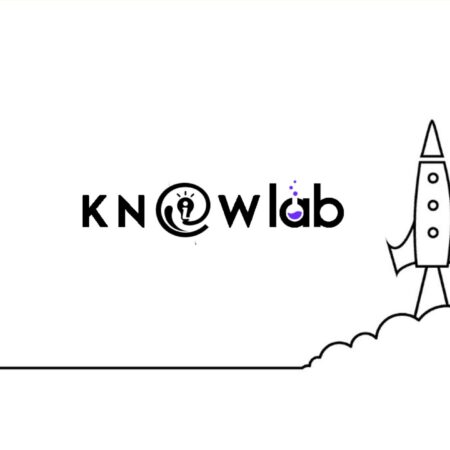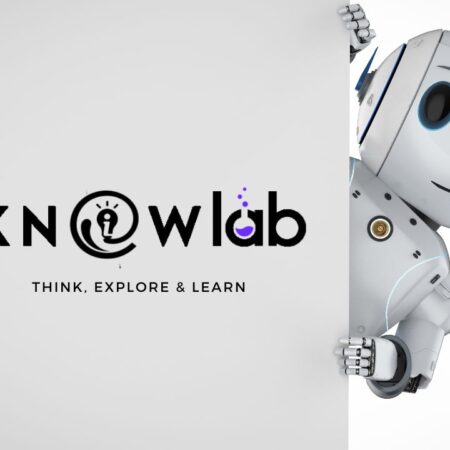 The real key to learning something is to take a deliberate, intelligent approach to your learning. Check out the below steps to get a better sense of what that approach looks like.
The real key to learning something is to take a deliberate, intelligent approach to your learning. Check out the below steps to get a better sense of what that approach looks like.
1. Talk to the expert who’s already done it:
Your first step is to seek out and talk to people who have already got the results that you want and take the same actions they are taking, you can also get the same results.
2. Focus & Say NO to Multitasking:
Multitasking is a common bad habit. When your brain tries to multiple things at once, it usually ends up failing everything. If you’re taking lessons, or are reading a book, or are watching online videos, isolate yourself and focus only on that task. Turn off notifications and don’t let yourself distracted.
3. Break into parts and practice the most important first:
“The more you can break apart the skill, the more you’re able to decide, ‘What are the parts of the skill that will actually help me get to what I want?'”– Josh Kauffman.
Breaking into smaller pieces doesn’t just make it seem more manageable. It lets you distinguish the most important things that you need to learn.
4. Write Down Everything:
For multiple reasons, we tend to remember things better once we’ve written them down. When you write out from start to finish in a simple language, you force yourself to understand the concept at a deeper level and simplify relationships and connections.
5. Get Immediate Feedback:
If something’s right, we need to feel rewarded. If something’s wrong, we should be corrected immediately; this also prevents us from practicing or rehearsing the wrong things. Feedback can come from a mentor, a coach, a friend — from many different sources, depending on the skill you’re learning. The quicker you are able to get feedback and correct you from mistakes, the quicker you will improve.
6. Deliberate Practice:
According to Kauffman, It takes 20 hours of focused, deliberate practice to get good at something. Once you get into the practicing phase, make a commitment to practice at least 20 hours before even thinking about quitting. This is the way our brains are wired; the more we do something, the more important it becomes, and the more entrenched it becomes in our memory.
7. Explain what you have learned to someone else:
If you want to test your knowledge on a subject, try explaining it to someone else. This forces you to reword your innate knowledge, and revisit it from the ground up. It’s a perfect test to see if you’ve truly internalized something — or if you’ve just been going through the motions of learning.
8. Multiple Sources:
The more different ways you experience a piece of information, the more likely you are to retain it. Don’t just read books and articles related to your skill. Try listening to podcasts, watch videos, find some apps to practice and note down what you learn.
Author Bio: Vignesh R | Consultant | Helping Brands Realize The Superior Benefits Of Customer Experience With Capillary’s EASYVERSE Platform.




